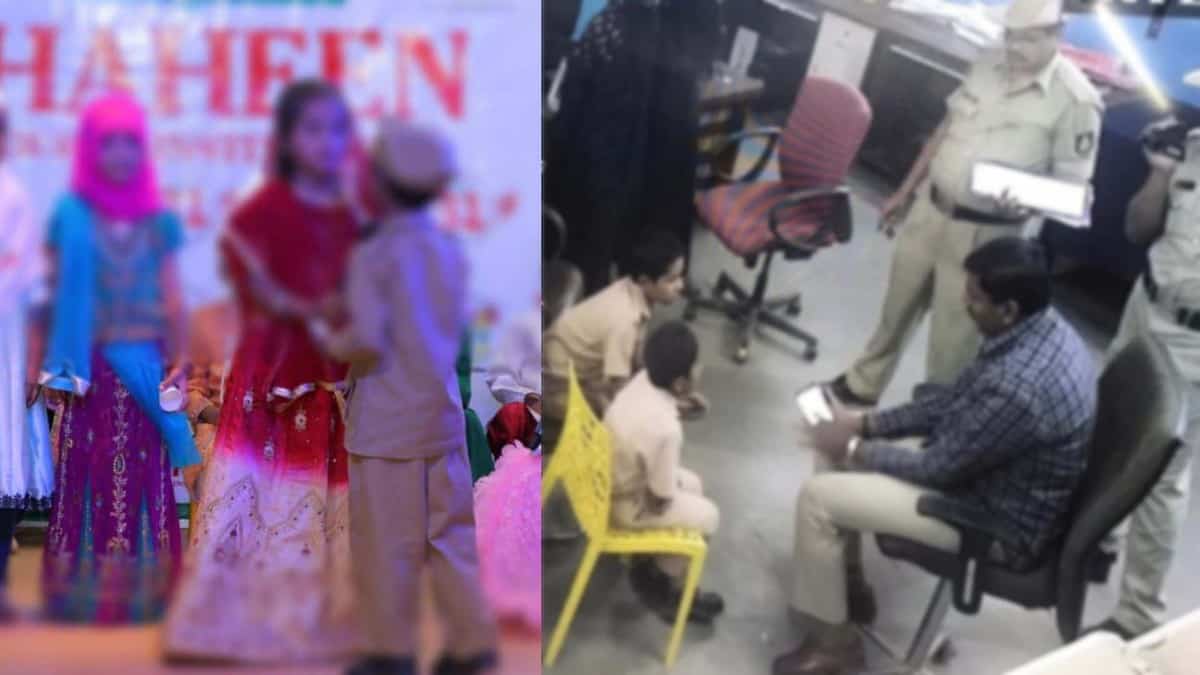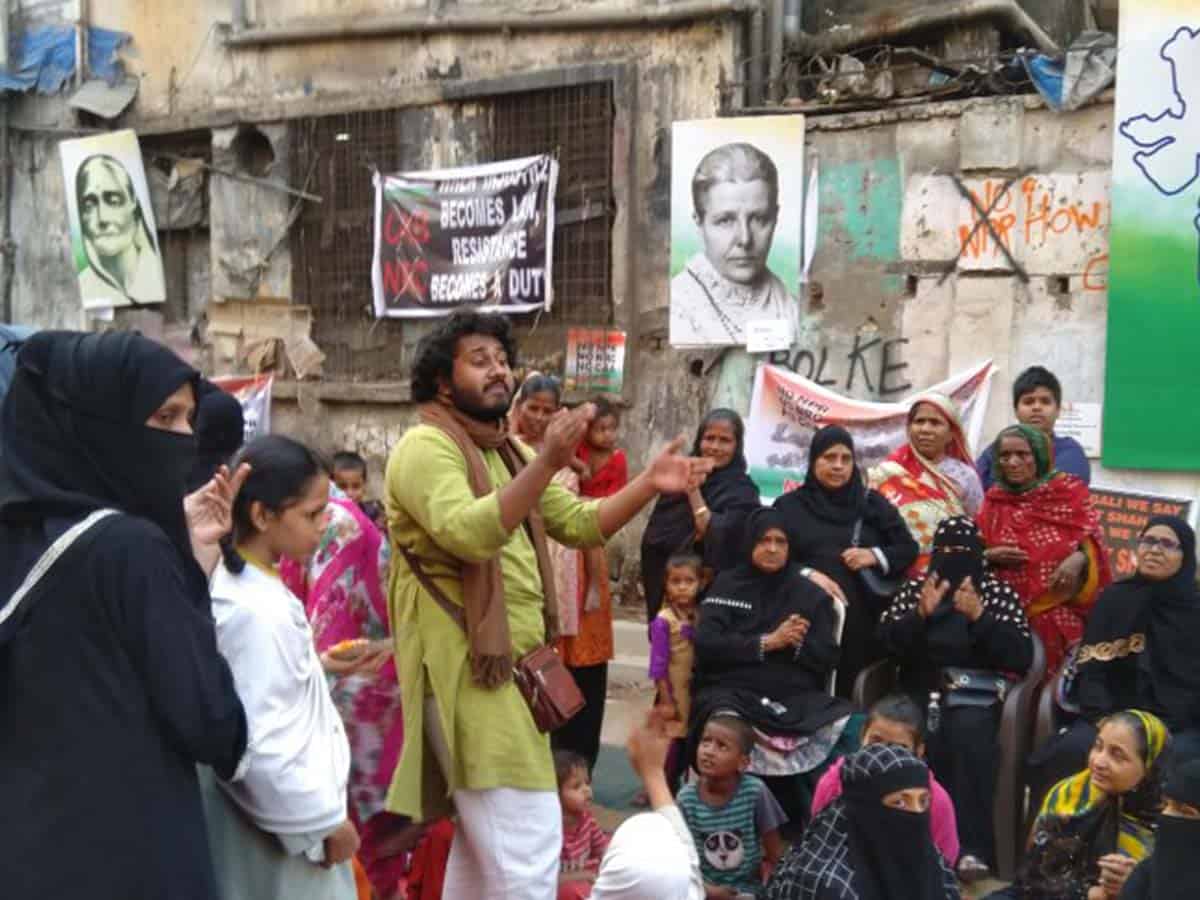Mumbai: After an Uber cab driver took exception to a Jaipur poet’s anti-CAA phone conversation, the taxi driver transported the wordsmith to the Santacruz police station. At the station, poet Bappaditya Sarkar was questioned for two and a half hours regarding his original poetry, literary preferences and the protests in which he participated. This incident bears a resemblance to a practice in Syria where taxi drivers take passengers who voice opposition to the Al-Assad regime to the police station.
Since the uprising against the Assad government, brutal suppression of dissent has only increased. However, this tactic of the powers that be plant secret police officers as cab drivers is one that Syrians have been all too familiar with. When interviewing Syrian dissidents, Former Research Fellow for a London-based civil liberties think called the Henry Jackson Institute, Hannah Stuart, wrote:

“For a second, the only image Ghada could think of was the picture of a dead man in Al-Sanameen, near Daraa, who was shot in the eye by government snipers early on in the Syrian uprising. And she remembered a fact every Syrian knows too well: many taxi drivers work for the Mukhabarat, the secret services, and one way they have of gathering information and watching over the current mood in the country is through chit-chat with passengers. For years, Syrians have bitten their tongues when a taxi driver suddenly decided to talk about fuel prices or the government’s performance in any area.”
Such stories of cab drivers transporting dissenters to police stations rather than their destinations are aplenty in Syria.
Although in Bappaadtiya Sarkar’s case, it wasn’t chit-chatting with the driver but rather his own telephonic banter with a friend that instead lead to a trip to the police station. Whether more (reported) incidents like this will come to the fore is anybody’s guess.
In the same vein, a teacher was arrested on sedition charges for staging a school play in Bidar, Karnataka, that was critical of the CAA-NRC. Alongside Sarkar’s arrest, this stifling of artistic dissent is another tactic adopted by authoritarian regimes elsewhere.

